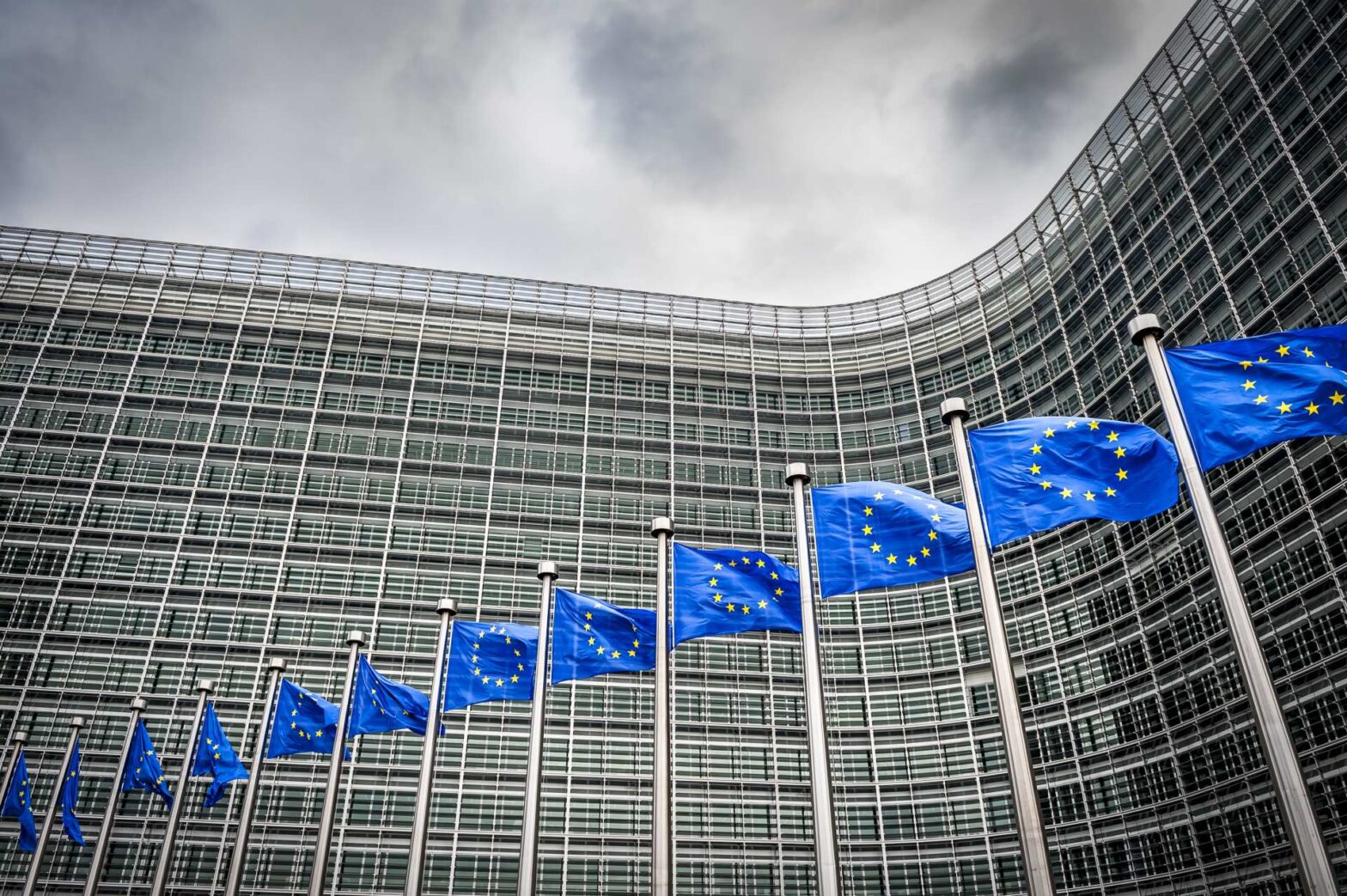Agreement reached on revised EU environmental crime law to protect the environment
After months of negotiations, EU leaders reached agreement on the revised EU Environmental Crime Directive (ECD), strengthening the EU’s criminal law response to environmental destruction. OceanCare welcomes this revision as an important step towards using criminal law to conserve and protect the marine environment.
In 2008, the European Union adopted its first Directive on environmental protection through criminal law. Following an evaluation, the EU Commission put forward a proposal to enhance the law’s effectiveness in 2021.
Significant strides towards environmental protection
The revised Directive, agreed by EU legislators on November 16th, improves environmental criminal law and will be an important instrument in tackling serious environmental offences, many of which cause devastating and irreversible damage to the environment. An important success of the Directive is the increase in the number of activities identified as offences that are covered by the Directive, which has increased from nine to eighteen, as well as the strengthening of implementation through national strategies and reporting requirements, and minimum standards for training.
While negotiators failed to agree on including illegal, unreported, and unregulated fishing (IUU fishing) as an additional offence, legislators laid the groundwork for the recognition of ecocide. EU legislators introduced a qualified offence clause that applies to offences that cause irreversible, widespread and substantial damage, or long-lasting, widespread and substantial damage, leaning on the definition of the Independent Expert Panel of the Stop Ecocide Foundation published in 2021.
OceanCare highly welcomes the inclusion of underwater noise pollution in the list of criminal offences. Noise generated by humans can have fatal consequences for marine life, much of which relies on acoustic senses for orientation, communication, and prey detection.
Next steps
The provisional agreement between the Council and the European Parliament is a step in the right direction. Now the respective institutions and its members will have to formally adopt the compromise text, which is expected in the coming weeks. The success of the revised law will have to be measured against tangible improvements to the marine environment.
